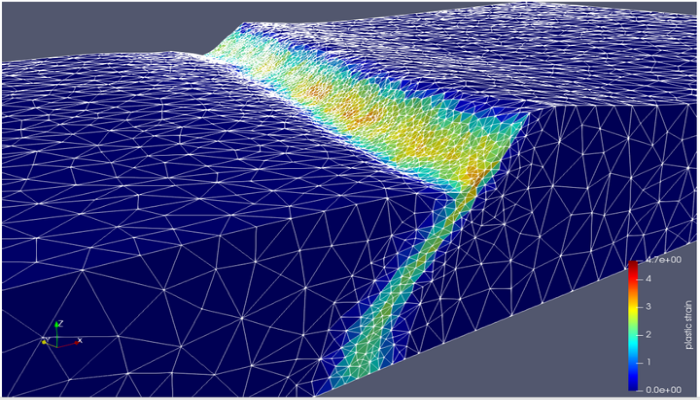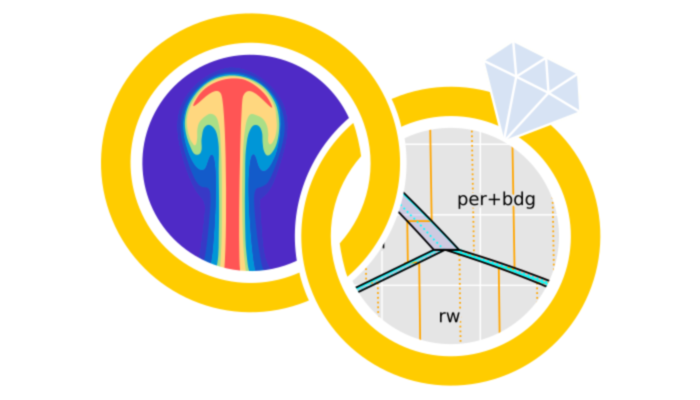Worldwide scientific cooperations, international meetings, internet-based literature. In today’s world we are deeply interconnected and the leading expert on that obscure method or topic you need to make your proposal truly interdisciplinary is just one email away. After all, global problems require global efforts (and lots of cheap labor bright and motivated young minds). Fen has a question ...[Read More]
Thermodynamics and Geodynamics: The perfect couple? Part II
In January of this year, Bob Myhill wrote about the coupling of geodynamics and thermodynamics, and why this coupling is so valuable. This blog post, Juliane Dannberg follows up on this topic, looking at it from the geodynamics perspective. In other words, discussing the question: Where does it make a difference in geodynamic models if we include realistic thermodynamic models or not? In geodynami ...[Read More]
The Sassy Scientist – Uncertain Certainties For A Certain Uncertainty
Whilst in constant debate with himself on how to address his own insecurities, Harry dabbles in the secret art of interdisciplinary studies. Specifically, mechano-thermo-chemical modeling with the input from experimental studies. Trying to move forward, he struggles: How can we combine all the uncertainties on experimental rock studies with modelling studies? Dear Harry, We can only try. Yours tru ...[Read More]
Repurposing a research tectonic modeling code as a community service: The case of DES3D

This week, Dr. Eunseo Choi, a professor at the Center for Earthquake Research and Information, the University of Memphis, talks about tectonic modelling using DES3D. *Spoiler alert* read till the end for an exciting opportunity to work on it The advent of the open-source movement and the free public software repositories such as GitHub have drastically improved the way research codes are maintaine ...[Read More]



